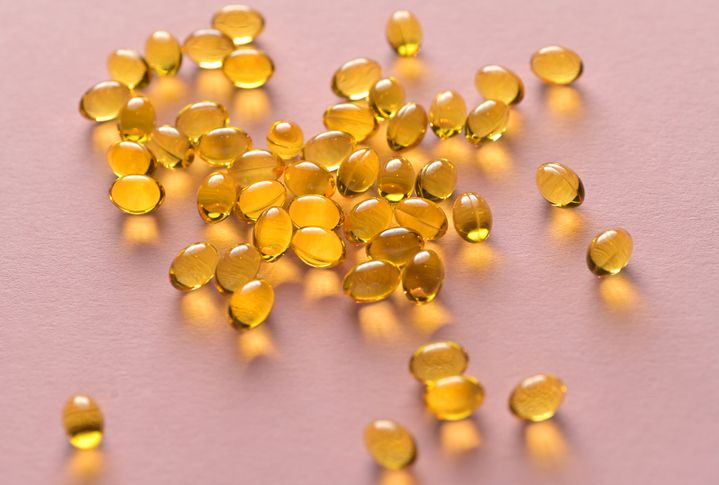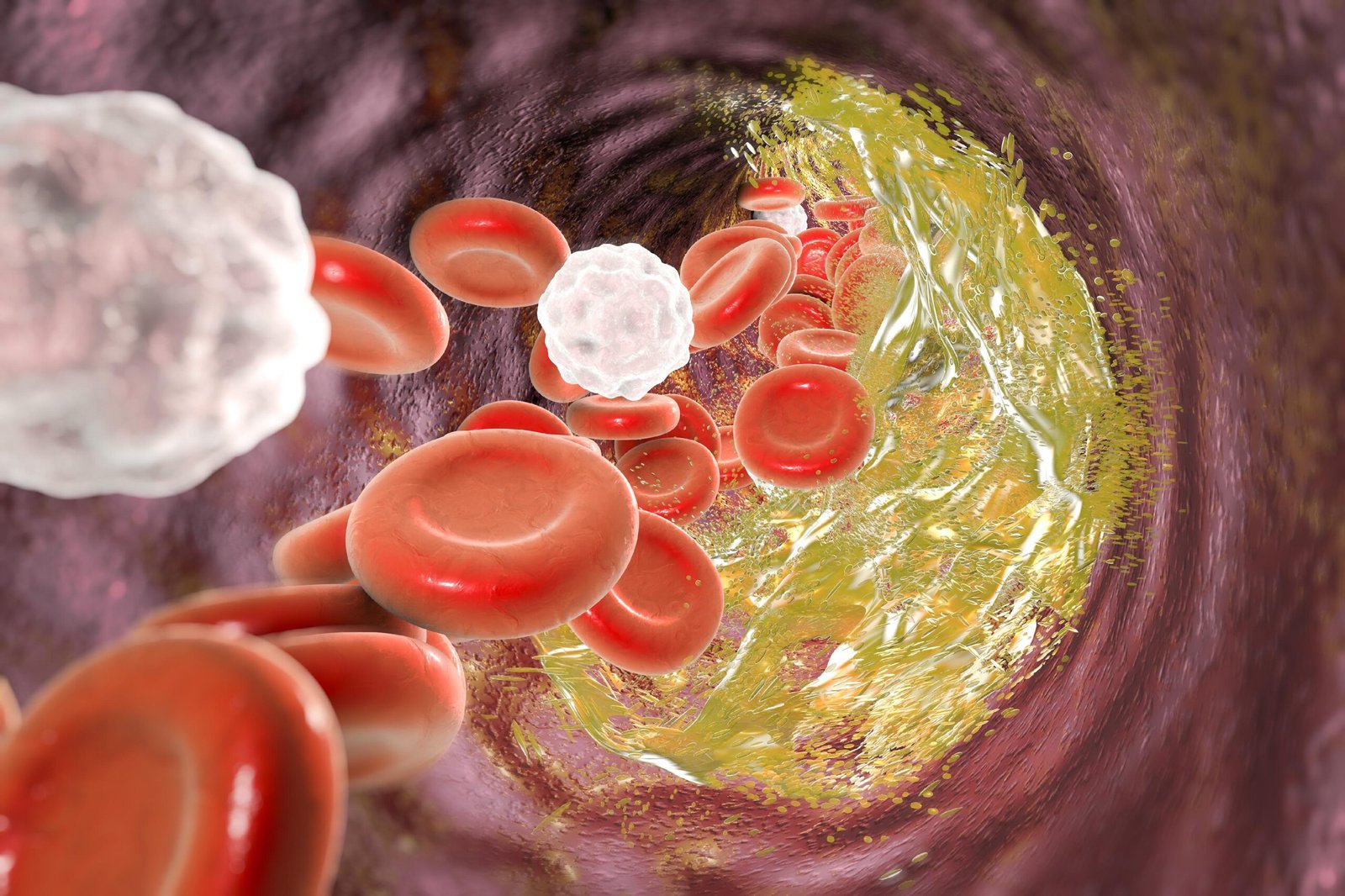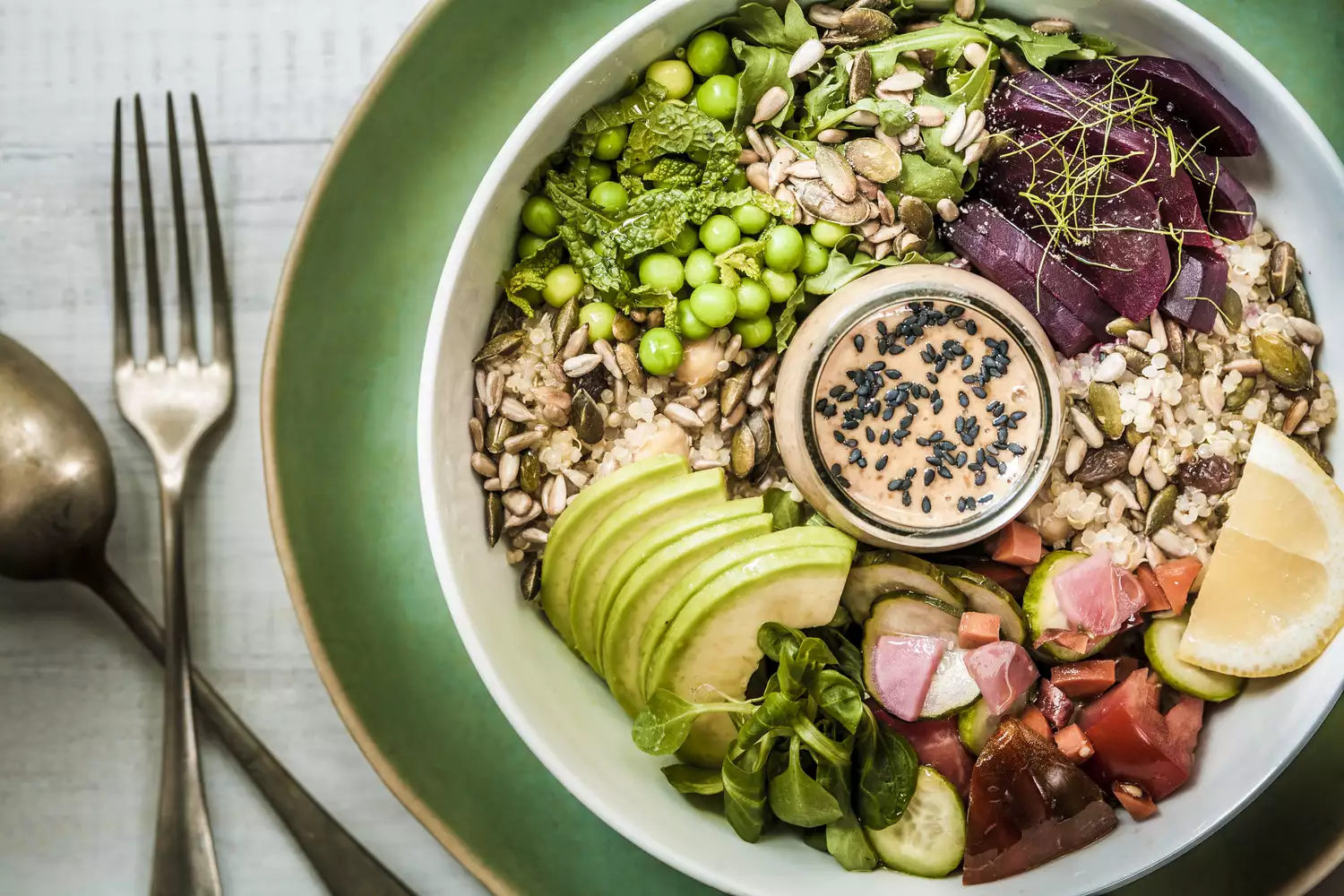Introduction: You’ve likely heard the buzz around antioxidants and their health benefits, but here’s one that deserves more attention: lutein. This powerful carotenoid is more than just a colorful pigment in fruits and veggies; it’s a health-boosting powerhouse with benefits for your eyes, skin, brain, and heart. Whether you’re concerned about aging, eye health, or just overall wellness, lutein should be on your radar. Here’s everything you need to know about lutein and how to get more of it into your daily routine.
What Is Lutein and Why Is It Important?
Lutein is a carotenoid—basically, a natural pigment that gives fruits and vegetables their yellow, orange, and red colors. It’s most well-known for its role in eye health, but it’s also a potent antioxidant that can improve cognitive function, protect your skin, and even support heart health. Think of it as the multi-tasker of the antioxidant world.
Health Benefits of Lutein
Promotes Eye Health Lutein is like a bodyguard for your eyes. Studies show it helps prevent age-related macular degeneration (AMD) by blocking harmful blue light. It’s also linked to reducing the risks of diabetic retinopathy, retinal detachment, and uveitis—conditions that can cause significant vision problems. Lutein acts like your personal vision protector, keeping your eyes in top shape as you age.
Improves Cognitive Function Lutein doesn’t just hang out in your eyes—it’s also found in your brain, where it’s considered the predominant carotenoid. Research suggests that supplementing with lutein may enhance cognitive functions like learning, thinking, and memory. If you’re aiming to keep your mind sharp, lutein might just be your new best friend.
Reduces LDL Cholesterol Effects Lutein also plays a role in heart health. By supporting the growth of HDL (the “good” cholesterol), it helps remove extra cholesterol from your bloodstream. This, in turn, lowers the risk of atherosclerosis, a condition that leads to plaque buildup in the arteries, increasing the risk of heart disease. Talk about a heart-healthy antioxidant!
Protects Your Skin Lutein and its buddy, zeaxanthin, don’t just protect your eyes—they help your skin, too. They absorb harmful blue light, which can damage your skin over time. Studies even show that a lutein- and zeaxanthin-rich diet can improve skin hydration, elasticity, and reduce inflammation. So, if you’re after smoother, more youthful skin, lutein’s got your back (and your face).
How to Get More Lutein in Your Diet
The good news is, lutein is easy to add to your diet. Many delicious foods are rich in lutein, so no need to reach for a supplement right away (though we’ll get to that later).
Top Food Sources of Lutein
Here are some foods to load up on if you want to boost your lutein intake:
Dark, leafy greens (kale, spinach, collard greens)
Broccoli
Peas
Avocados
Egg yolks
Oranges
Honeydew melon
Red peppers
Squash
Red grapes
Corn
Durum wheat
These foods are also rich in zeaxanthin, another antioxidant that works hand-in-hand with lutein to protect your eyes and skin. If you’re not getting your five servings of fruits and veggies a day, it might be time to rethink your diet.
Should You Take a Lutein Supplement?
While food is always the best source of nutrients, some people may struggle to get enough lutein from diet alone, especially if they’re not consuming enough fruits and veggies. If that’s the case, lutein supplements are available, and they’re often recommended for conditions like macular degeneration.
That said, supplements aren’t always the answer. Lutein is best absorbed with fat, so pair it with foods like avocados, cheese, or salmon to maximize its absorption. Also, talk to your doctor before starting any new supplement—just to make sure it’s right for you.
The Bottom Line on Lutein
Lutein isn’t just another buzzword—it’s a vital nutrient with significant health benefits for your eyes, brain, skin, and heart. It’s a true multitasker that deserves a spot in your daily diet. Whether through dark leafy greens, egg yolks, or a lutein supplement, getting enough of this carotenoid can make a real difference in how you feel and look.
Pro Tip: Look for lutein in foods that are rich in healthy fats to help your body absorb it more effectively. And remember, the best way to get your nutrients is through a balanced diet, so aim to eat those five servings of fruits and veggies every day!
Call to Action: Ready to give your body the lutein it deserves? Start incorporating these lutein-rich foods into your meals today, and see the difference in your eye health, skin, and overall well-being. And if you’re thinking about adding a supplement, consult your healthcare provider first. Your eyes—and your body—will thank you for it!




